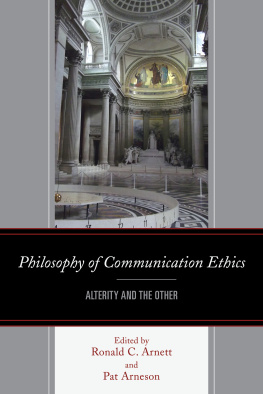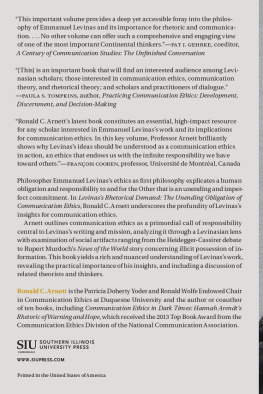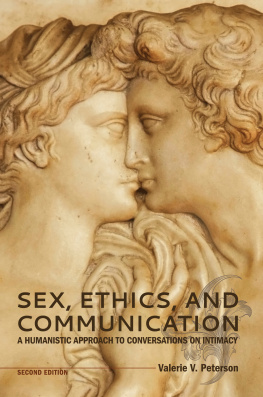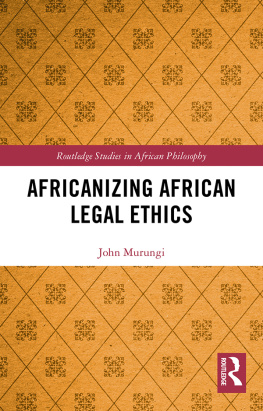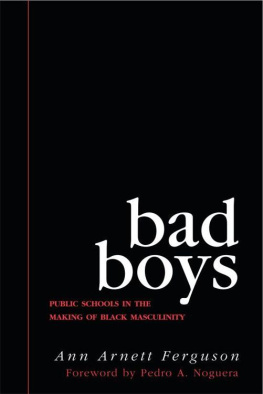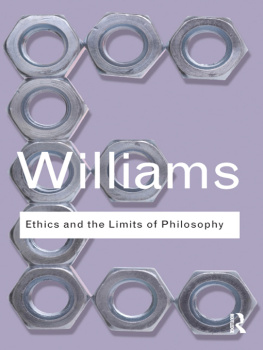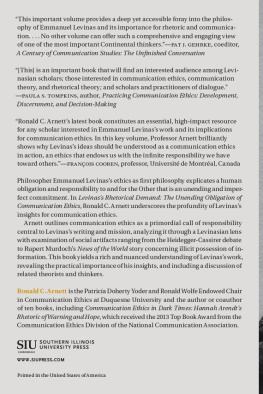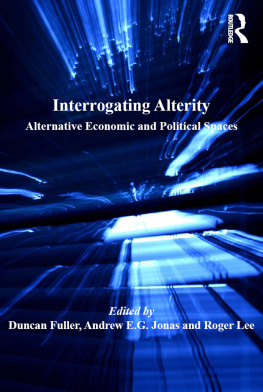Ronald C. Arnett - Philosophy of communication ethics : alterity and the other
Here you can read online Ronald C. Arnett - Philosophy of communication ethics : alterity and the other full text of the book (entire story) in english for free. Download pdf and epub, get meaning, cover and reviews about this ebook. year: 2014, publisher: Fairleigh Dickinson University Press, genre: Romance novel. Description of the work, (preface) as well as reviews are available. Best literature library LitArk.com created for fans of good reading and offers a wide selection of genres:
Romance novel
Science fiction
Adventure
Detective
Science
History
Home and family
Prose
Art
Politics
Computer
Non-fiction
Religion
Business
Children
Humor
Choose a favorite category and find really read worthwhile books. Enjoy immersion in the world of imagination, feel the emotions of the characters or learn something new for yourself, make an fascinating discovery.
- Book:Philosophy of communication ethics : alterity and the other
- Author:
- Publisher:Fairleigh Dickinson University Press
- Genre:
- Year:2014
- Rating:3 / 5
- Favourites:Add to favourites
- Your mark:
- 60
- 1
- 2
- 3
- 4
- 5
Philosophy of communication ethics : alterity and the other: summary, description and annotation
We offer to read an annotation, description, summary or preface (depends on what the author of the book "Philosophy of communication ethics : alterity and the other" wrote himself). If you haven't found the necessary information about the book — write in the comments, we will try to find it.
Philosophy of communication ethics : alterity and the other — read online for free the complete book (whole text) full work
Below is the text of the book, divided by pages. System saving the place of the last page read, allows you to conveniently read the book "Philosophy of communication ethics : alterity and the other" online for free, without having to search again every time where you left off. Put a bookmark, and you can go to the page where you finished reading at any time.
Font size:
Interval:
Bookmark:
Philosophy of Communication Ethics
The Fairleigh Dickinson University Press
Series In Communication Studies
General Editor: Gary Radford, Department of Communication Studies,
Fairleigh Dickinson University, Madison, New Jersey.
The Fairleigh Dickinson University Press Series in Communication Studies publishes scholarly works in communication theory, practice, history, and culture.
Recent Publications in Communication Studies
Ronald C. Arnett and Pat Arneson (eds.), Philosophy of Communication Ethics: Alterity and the Other (2014)
Pat Arneson, Communicative Engagement and Social Liberation: Justice Will
Be Made (2014)
Erik A. Garrett, Why Do We Go to the Zoo?: Communication, Animals, and the Cultural-Historical Experience of Zoos (2013)
Philip Dalton and Eric Kramer, Coarseness in U.S. Public Communication (2012)
Catherine Creede, Beth Fisher-Yoshida, and Placida Gallegos (eds.), The Reflective,
Facilitative, and Interpretive Practices of the Coordinated Management of Meaning (2012)
Jolanta Aritz and Robyn C. Walker, Discourse Perspectives on Organizational
Communication (2011)
S. Alyssa Groom and J. M. H. Fritz, Communication Ethics and Crisis: Negotiating Differences in Public and Private Spheres (2011)
R. C. MacDougall, Digination: Identity, Organization, and Public Life (2011)
Deborah Eicher-Catt and Isaac E. Catt (eds.), Communicology: The New Science of
Embodied Discourse (2010)
Dan Cassino and Yesamin Besen-Cassino, Consuming Politics: Jon Stewart, Branding, and the Youth Vote in America (2009)
On the Web at http://www.fdu.edu/fdupress
Philosophy of Communication Ethics
Alterity and the Other
Edited by Ronald C. Arnett and Pat Arneson

FAIRLEIGH DICKINSON UNIVERSITY PRESS
Madison Teaneck
Published by Fairleigh Dickinson University Press
Copublished by The Rowman & Littlefield Publishing Group, Inc.
4501 Forbes Boulevard, Suite 200, Lanham, Maryland 20706
www.rowman.com
Unit A, Whitacre Mews, 26-34 Stannery Street, London SE11 4AB, United Kingdom
Copyright 2014 by Rowman & Littlefield
Cover photo courtesy of Millie Arnett.
All rights reserved. No part of this book may be reproduced in any form or by any electronic or mechanical means, including information storage and retrieval systems, without written permission from the publisher, except by a reviewer who may quote passages in a review.
British Library Cataloguing in Publication Information Available
Library of Congress Cataloging-in-Publication Data
Philosophy of communication ethics : alterity and the other / edited by Ronald C. Arnett and Pat Arneson.
pages cm.(The Fairleigh Dickinson university press series in communication studies)
Includes bibliographical references and index.
ISBN 978-1-61147-707-8 (cloth : alk. paper)ISBN 978-1-61147-708-5 (electronic)
1. Other (Philosophy) 2. CommunicationMoral and ethical aspects. I. Arnett, Ronald C., 1952- editor.
BD460.O74P45 2914
175dc23
2014029267
 TM The paper used in this publication meets the minimum requirements of American National Standard for Information Sciences Permanence of Paper for Printed Library Materials, ANSI/NISO Z39.48-1992.
TM The paper used in this publication meets the minimum requirements of American National Standard for Information Sciences Permanence of Paper for Printed Library Materials, ANSI/NISO Z39.48-1992.
Printed in the United States of America
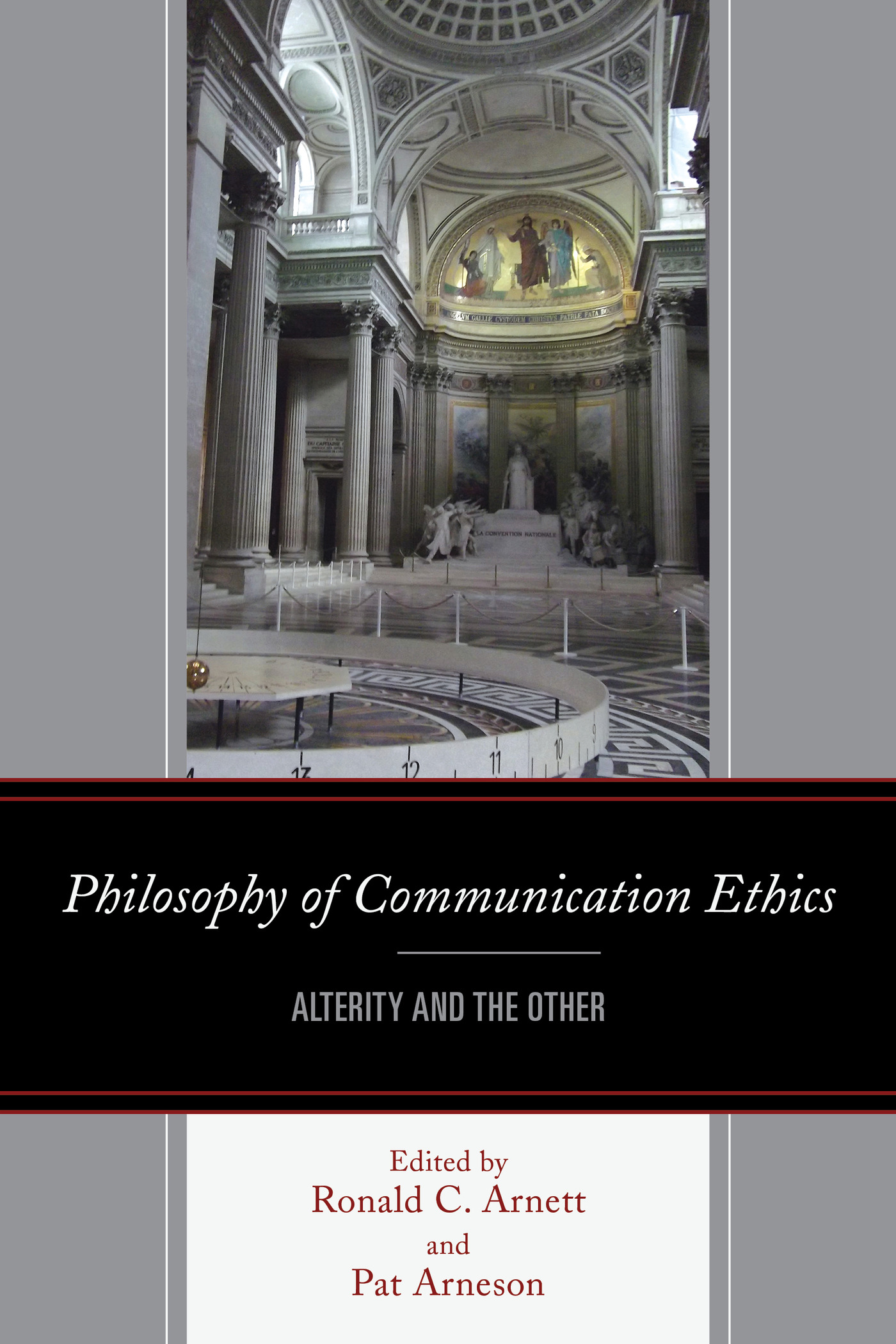
I, Ronald C. Arnett, offer my thanks and gratitude to Duquesne University, the Spiritan community, and my colleagues in the Department of Communication & Rhetorical Studies. I am deeply thankful to Susan Carr, senior graduate research assistant, for her outstanding work and her thoughtful attentiveness on this project. Additionally, I am deeply appreciative of the important work of Gary Radford, Harry Keyishian, and Fairleigh Dickinson University Press as well as of Brooke Bures and Rowman & Littlefield Publishing Group in the field of philosophy of communication. I offer thanks to my colleague Pat Arneson for her commitment to philosophy of communication and communication ethics centered in this undertaking. Finally, I am thankful for colleagues in the field of communication who continue to push the boundaries of study and practice of communication with their attentiveness to cultural and theoretical diversity.
I dedicate this work with thanks and appreciation to my family, Millie, Adam, Aimee, Rich, Alexa, and Ava.
I, Pat Arneson, echo Rons thanks. This project emerged in part from the twelfth National Communication Ethics Conference at which scholars considered Communication Ethics: Attending to the Other. I would like to thank the administrators of Duquesne Universitys McAnulty College and Graduate School of Liberal Arts NEH Endowment Fund as well as the Communication Ethics Center in the Department of Communication & Rhetorical Studies at Duquesne University for their financial support of the conference. I would also like to recognize Rita McCaffrey and Brian Gilchrist for their work helping to create a successful conference. Special thanks to Ron
Arnett for inviting me to work with him on this project and to Susan Carr for her diligent and careful assistance. Thanks also to the contributors of this volume for the care taken in expressing their ideas.
I dedicate this work to my Grandma, who taught me more than words can say.
Philosophy of Communication Ethics: Alterity and the Other offers a unique and timely contribution to the study of communication ethics. This series of chapters articulates unequivocally the intimate connection between philosophy of communication and communication ethics. This scholarly volume assumes that a multiplicity of communication ethics exists within social spheres. What distinguishes one communication ethic from another is the philosophy of communication in which a particular ethic is grounded. Philosophy of communication is the core ingredient for understanding the importance of and the difference between and among various approaches to communication ethics.
The position assumed by this collection is consistent with Alasdair Mac
Intyres insights on ethics. In A Short History of Ethics he begins with one principal assertionphilosophy is subversive. If one cannot think philosophically, one cannot question taken-for-granted assumptions. In the case of communication ethics, to fail to think philosophically is to miss the bias, prejudice, and assumptions that constitute a given communication ethic.
Philosophy of Communication Ethics: Alterity and the Other engages the reality of Otherness in a diverse, panoramic sense of communicative engagements. We witness in the following chapters a textured understanding of the variances that define this historical moment. Otherness in the twenty-first century is a commonplace rhetorical interruption, demanding that we learn from difference.
This volume is an exploration of value-laden metaphors that examine the social and pragmatic connections among three major areas of inquiry: philosophy of communication, communication ethics, and the Other. Each chapter considers a particular nuance of this conceptual interplay. The volume overtly assumes a bias that Otherness matters. Otherness, alterity, and concern for the neighbor are at the core of philosophies of communication that undergird this examination of communication ethics. Otherness, situated within a philosophy of communication, functions as a thoughtful sense of why for engaging particular communicative practices, which are manifested more conventionally within the term
Font size:
Interval:
Bookmark:
Similar books «Philosophy of communication ethics : alterity and the other»
Look at similar books to Philosophy of communication ethics : alterity and the other. We have selected literature similar in name and meaning in the hope of providing readers with more options to find new, interesting, not yet read works.
Discussion, reviews of the book Philosophy of communication ethics : alterity and the other and just readers' own opinions. Leave your comments, write what you think about the work, its meaning or the main characters. Specify what exactly you liked and what you didn't like, and why you think so.

